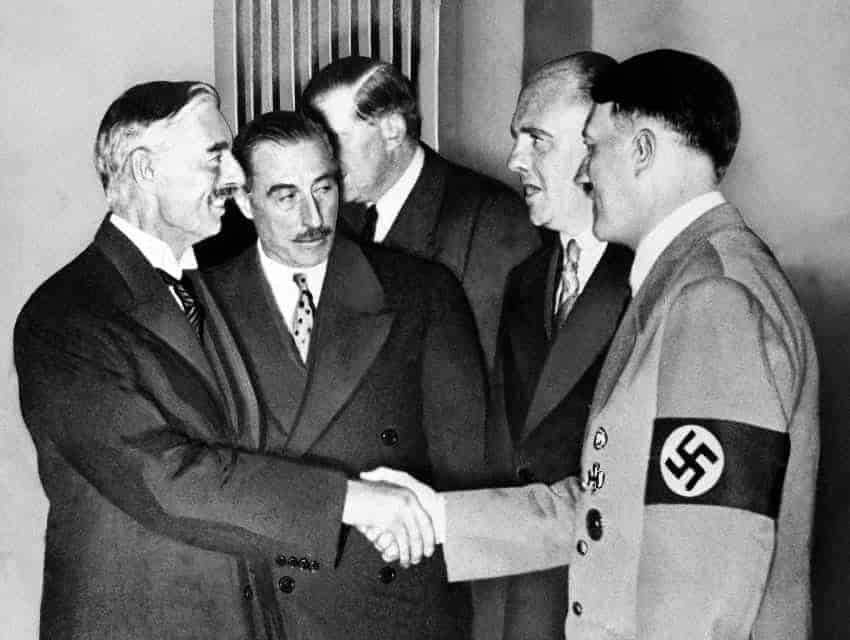When it comes to being the leader of a country or an empire, it is not an easy feat. There is a constant stream of issues to deal with and when it comes to protecting your people, the right answer is not always clear. For these world leaders, the decisions they made caused untold problems within their own country and sometimes all over the world.
Shah Al ad-Din Muhammad Kills Genghis Khan’s Ambassadors

In 1218, Genghis Khan had expanded his empire so far that it shared a border with the Khwarezmia Empire. Khan decided to make contact with his border neighbors by sending a 500-man caravan of Muslims to start official trade relations. Shah Al ad-Din Muhammad was suspicious of the caravan and Khan’s intentions so he had the entire caravan arrested under charges of conspiracy. Most historians believe that Khan had no intention to start any conflict with his new neighbors because he was already fighting against the Jin in China. Which is probably why Khan then sent ambassadors to the Shah in order to negotiate trade relations and the release of the caravan.
The Shah responded by shaving the heads of the two Mongol ambassadors and beheading the Muslim ambassador. Khan took this as a personal insult because he found ambassadors to be sacred. So Khan began preparations for attacking Khwarezmia. He carefully planned out the invasion using numerous intelligence sources from his spies along the silk road. Historians debate on the size of each army but most believe that the Khwarezmia army was outnumbered.
Khan strategy for his defeat of Khwarezmia was to divide and conquer. He sent one of his armies off to find and execute the Shah. This put on the Shah on the run in his own country. The Shah’s army was split over many of the major cities as the empire had only recently been conquered. Khan was able to siege each city one by one and destroy not only the armies but the entire Khwarezmian empire. The Shah was disposed and the campaign was considered one of the most brutal ever waged by the Mongols. Huge cities were leveled, numerous artifacts were destroyed and entire populations were massacred.

